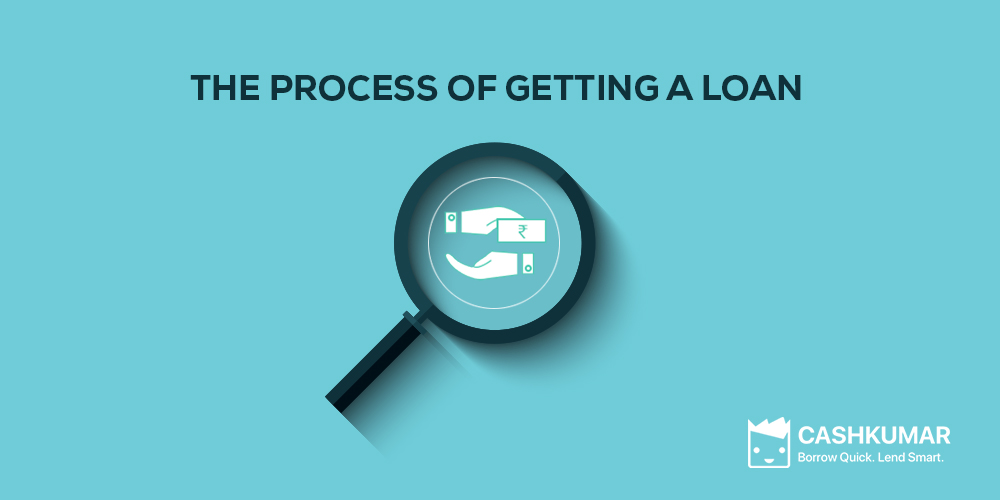Banks and non-banking financial institutions in India offer a plethora of loan products to prospective borrowers. Some of the popular types of loans include:
- Personal Loan
- Home Loan
- Consumer Durable Loan
- Car and Two-Wheeler Loan
- Business Loan
- Education Loan
- Gold Loan
- Loan Against Property
While taking out a loan involves multiple stages, there are some steps that are common to all types of loans.
Stage 1 – Pre-Qualification:
This is the beginning of the loan process where the prospective financial institution collects relevant information on the applicant’s income and debts to make an assessment if the borrower is a credible risk if the loan is approved. Since the criteria varies from loan to loan, the borrower should ideally pre-qualify for each type of loan that he or she intends to apply for.
The borrower’s ability to repay the loan may be verified by the lender through the income and employment status. Most banks require the employment status to be of at least two years in the same organization. The next step is to verify the borrower’s willingness to repay the loan. This can be determined by what the loan is going to be used for and the borrower’s credit history.
Stage 2 – Loan Types and Interest Rates:
To determine the type of loan that is suitable for the borrower, he or she needs to have an understanding of two key elements:
- What is the purpose of the loan?
- How long does the borrower need to repay it?
As each loan type have their own sets of eligibility criteria, interest rates, repayment periods, it is essential that the borrower answers the above two questions before proceeding towards making a formal loan application or personal loan documents.
Stage 3 – Processing:
Submission of the application initiates the formal loan procedure. The bank or the non-banking financial institution where the application has been made will request for the applicant’s credit report. With the help of this, the lender will make an accurate assessment on the applicant’s payment history, bank deposits, etc. If there are any derogatory information such as late payments on previous loans, defaulting on credit card payments, collections, etc will also get featured in the credit report. The lender may request for written explanations if such negative elements exist in your credit history before making a decision on the loan application.
Stage 4 – Documentation:
If you are a salaried applicant or a sole proprietor, most loan types will require you to submit the following documentation:
- Employment Stability and Work-Experience
- Education Qualification and Relevance in Current Position
- Size of Family and Earning Members
- Repayment Potential basis Current CTC
- Age of Applicant at the time of Application and Years to Retirement
- Credit History of the Individual
- Individual Banking Practices, for example, Average Bank Balance, Current EMI Commitments
If you are business, then you may be requested to submit the following paperwork:
- Individual and Organization’s Credit History, apart from a Proprietorship Firm
- Individual or Organization’s Cash Flow, Income, Profitability that Determines Repayment Potential
- Individual or Organizational Stability and History in the chosen Line of Business
- Supplier Dependency
- Linear Family Dependency of the Promoters
- Industry Developments, Margins, etc.
- Economic Stance
- Reflection of Organizational or Individual Turnover in Bank Account
Stage 5 – Credit Report:
The Credit Report refers to the borrower’s credit file that is generated by an independent agency or agencies in India such as TransUnion CIBIL, Equifax, Experian and CRIF High Mark that provide a three digit score between 300 and 900. This score helps the financial institution to determine if the borrower is a credible risk for the lender. A typical credit report captures the following information:
- Identifying Information
- Employment Information
- Credit Information
- Public Record Information
- Inquiries
If your credit score is not as per the lender’s requirements, the chances are that your loan may not be approved. However, you can do the following to improve your credit score and return to the financial institution with a fresh application.
- Ensure that you are not late in paying your bills
- Ensure that you do not go overboard on using your credit cards
Click here to apply personal loan online




